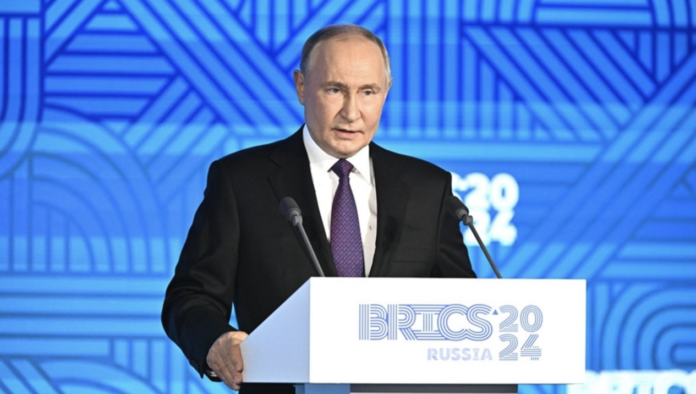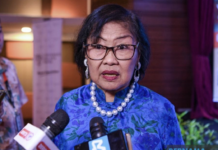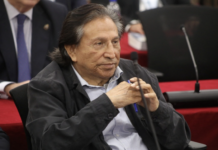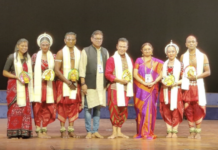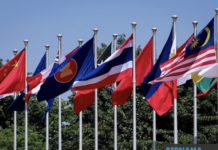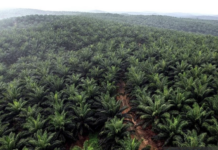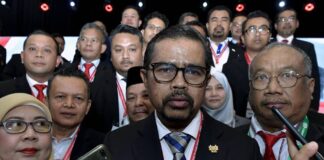MOSCOW, Oct 21 – Russia will host a summit of the BRICS economic bloc in Kazan on Oct. 22-24, with attendance expected from several world leaders, reported Anadolu news agency.
According to Russian Presidential Aide Yury Ushakov, 32 countries have confirmed their participation, with 24 being represented by their heads of state, while the remaining eight will send high-ranking officials.
In addition, the secretaries-general of several international organizations will take part in the event, including UN chief Antonio Guterres, said Ushakov.
Major topics at the summit are likely to include economic cooperation, trade agreements and the challenges faced by BRICS members, such as geopolitical tensions, the global economic slowdown and climate change.
Russia will likely highlight multilateralism, using the BRICS platform to counter Western-dominated global governance structures.
Brazilian President Luiz Inacio Lula da Silva, who has highlighted the importance of the summit in strengthening multilateralism, was scheduled to participate.
He canceled his trip to the summit, however, after receiving medical advice to temporarily avoid long flights after suffering a head injury at home which caused a minor brain hemorrhage and will now take part in the meeting via videoconference.
The Brazilian Ministry of Foreign Affairs has outlined plans for a declaration focused on equitable global development and security, which they believe will resonate strongly among member nations.
Meanwhile, Russian officials are emphasizing the summit as a platform for showcasing a model of international relations distinct from the West. The Kremlin framed the summit as an opportunity to discuss vital global issues like the Middle East crisis and the future of the BRICS bloc.
Chinese President Xi Jinping will also attend, marking a significant moment, as this will be the first summit with the bloc’s new members, including Egypt, Iran and Saudi Arabia. The participation of these countries reflects a broader expectation of increased cooperation and influence within the BRICS framework.
Meanwhile, Western politicians are interpreting the gathering as a counterweight to Western influence, particularly as discussions may touch on geopolitical tensions and economic strategies that challenge established Western alliances.
Last year, the bloc invited six more nations — Argentina, Egypt, Ethiopia, Iran, Saudi Arabia and the United Arab Emirates (UAE). However, Argentina has since withdrawn following the election of pro-Western President Javier Milei.




